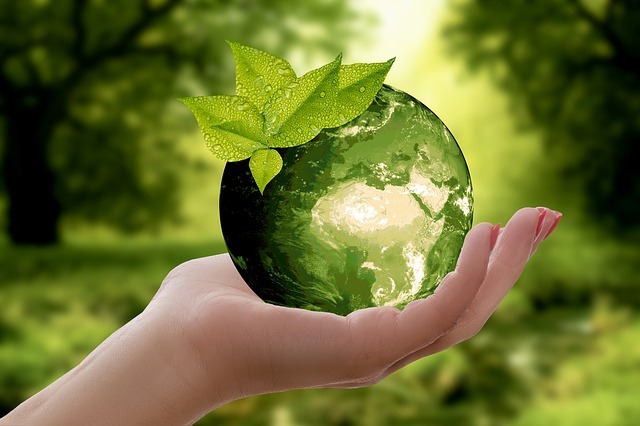Children are quite adventurous and they enjoy a lot of outdoor activities. Once you start taking your kids out on a walk or to play, it is time to teach them a few things about the environment and how to conserve it. They need to learn to save up on energy and water consumption as soon as they start to understand things around them.This article discusses ways on how to educate your children to go green.
1. Reuse/Recycle
This will help your children get to understand that some trash can be reused before it is disposed. A torn towel can make a good cleaning rag on the floor of your house. You don’t need to dispose it right away. You can also cut them into small pieces to use them for wiping hands. Used timbers around the compound can be used to fence a flower garden or a kitchen garden. You can check out at greenhousestores.co.uk to learn more about what kind of structures to put up.
2. Save on Water
Most children will leave water running on taps after use. You can train them to turn the taps off when not in use to save on water consumption. To do this, you can try to block the drainage when the children are using the water, then show them the amount of water they use in every single use. Make it a routine and reward them whenever they remember to turn off the taps. This will help them understand the importance of saving water.
3. Save on Energy
Saving energy comes in various ways. You can teach them to switch off the lights when not in use or the gas cooker after meals are ready. Also, let them know other sources of energy apart from electricity. Power from the solar system is cheaper and you can teach them how to heat their bathing water using the solar.
4. Planting trees and vegetables
Most children will enjoy owning a garden. Help them make one and plant some vegetables or flowers where they have to tend to them. This will keep them busy and learn how to care for plants. You can also take them to a forest to plant trees if you don’t have space in your compound and always remind them to make visits to water and care for them. They will learn the importance of trees and what their benefits are.
5. Garbage Disposal
This where most parents forget to involve their children. You may think taking the trash out is dirty and risky to your kids but, you need to educate them on how to dispose refuse. Let them know how to separate the organic and non-organic refuse and how to dispose each. You can also involve them in cleaning the compound and collecting trash as well as burning dry leaves and waste papers from around your home.Going green not only helps to save but also to conserve the environment. Children need to learn to care of things around them. Make it your duty as a parent to educate your young children on the importance of the above and they get to love doing it. Don’t allow them to be wasteful because they are children. Show them the right way and you will bring up a responsible generation.
I’m a 20-something stay-at-home mother and wife. I have an amazing husband, a beautiful daughter, two loving dogs, and a lazy cat. I wouldn’t change my life for anything! I love to read, listen to music, cook and blog!

Speak Your Mind